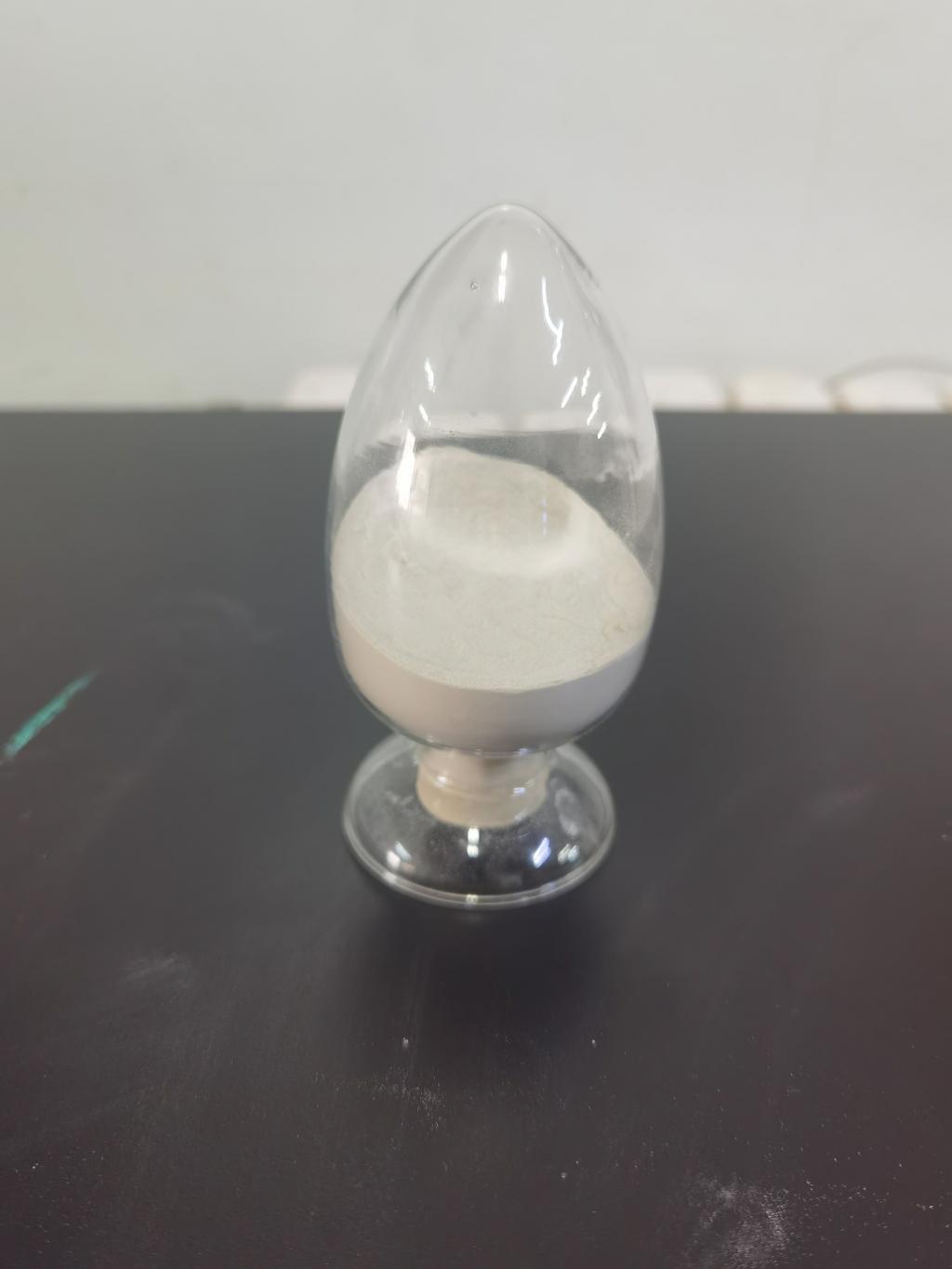Tel:+8618231198596

News
 CONTACT
CONTACT
 CONTACT
CONTACT
- Linkman:Linda Yao
- Tel: +8618231198596
- Email:linda.yao@dcpharma.cn
- Linkman:CHARLES.WANG
- Department:Overseas
- Tel: 0086 0311-85537378 0086 0311-85539701
News
Current Position:
Home >
News
>Nisin Potential in Alleviating Concerns About Food Safety in E-Commerce
Nisin Potential in Alleviating Concerns About Food Safety in E-Commerce
TIME:2024-03-13
Food safety concerns in e-commerce arise from various factors, including inadequate temperature control during transportation, improper handling and storage practices, and the potential for cross-contamination. These challenges have led to increased scrutiny and apprehension among consumers regarding the safety of online food purchases. Nisin, a natural antimicrobial peptide with proven efficacy against pathogenic bacteria, presents an opportunity to address these concerns and enhance food safety in the e-commerce sector.
Preventing Microbial Contamination:
One of the primary concerns in e-commerce food retailing is the risk of microbial contamination during storage, handling, and transportation. Perishable goods, such as fresh produce, dairy products, and meats, are particularly susceptible to bacterial growth, leading to foodborne illnesses and product spoilage. Nisin offers a natural and effective solution to inhibit the growth of pathogenic bacteria, thereby reducing the risk of contamination and ensuring the safety of food products.
Incorporating nisin into food packaging materials, such as films or coatings, can provide an additional layer of protection against microbial contamination. These nisin-containing packaging materials release the antimicrobial peptide gradually, creating a barrier that inhibits the growth of bacteria on the surface of the food product. By preventing microbial contamination during storage and transportation, nisin helps maintain the safety and quality of perishable goods throughout the e-commerce supply chain.
Improving Product Stability:
Another challenge in e-commerce food retailing is ensuring the stability and freshness of perishable goods during transit and delivery. Fluctuations in temperature, exposure to light, and prolonged storage can accelerate product deterioration and compromise quality. Nisin's antimicrobial properties extend beyond inhibiting bacterial growth to include inhibiting the activity of spoilage organisms and enzymes responsible for food degradation.
By incorporating nisin into food formulations or packaging materials, e-commerce retailers can improve the stability and shelf life of perishable goods. Nisin acts as a natural preservative, slowing down the rate of spoilage and maintaining product freshness for longer periods. Additionally, nisin's compatibility with various food matrices allows for its incorporation into a wide range of products without altering taste or texture, ensuring consumer satisfaction with online food purchases.
Ensuring Consumer Confidence:
Consumer confidence is essential for the success of e-commerce food retailers, particularly in light of concerns about food safety and quality. By adopting proactive measures to address these concerns, such as incorporating nisin into their products, retailers can build trust and loyalty among their customer base. Transparent labeling and communication about the use of nisin as a natural preservative can further enhance consumer confidence and promote informed purchasing decisions.
Moreover, third-party certification and validation of nisin-containing products can provide additional reassurance to consumers regarding their safety and efficacy. Independent testing and verification of antimicrobial effectiveness can help e-commerce retailers demonstrate their commitment to food safety and quality standards. By leveraging nisin's potential to enhance food safety, retailers can differentiate themselves in the competitive e-commerce market and attract discerning consumers seeking safe and reliable food options.
Conclusion:
Nisin offers significant potential in alleviating concerns about food safety in the e-commerce sector by inhibiting microbial contamination, improving product stability, and ensuring consumer confidence. By incorporating nisin into food packaging materials or formulations, e-commerce retailers can enhance the safety and quality of perishable goods throughout the supply chain. Transparent communication and third-party validation of nisin-containing products can further strengthen consumer trust and promote informed purchasing decisions.
Moving forward, continued research and innovation in nisin-based food safety solutions are needed to optimize its efficacy and applicability in e-commerce food retailing. Collaborative efforts between industry stakeholders, regulatory agencies, and research institutions can facilitate the development of best practices and standards for integrating nisin into e-commerce food products. Ultimately, by harnessing the potential of nisin, e-commerce retailers can meet the growing demand for safe, high-quality food products and ensure the success and sustainability of their businesses.
- Tel:+8618231198596
- Whatsapp:18231198596
- Chat With Skype







